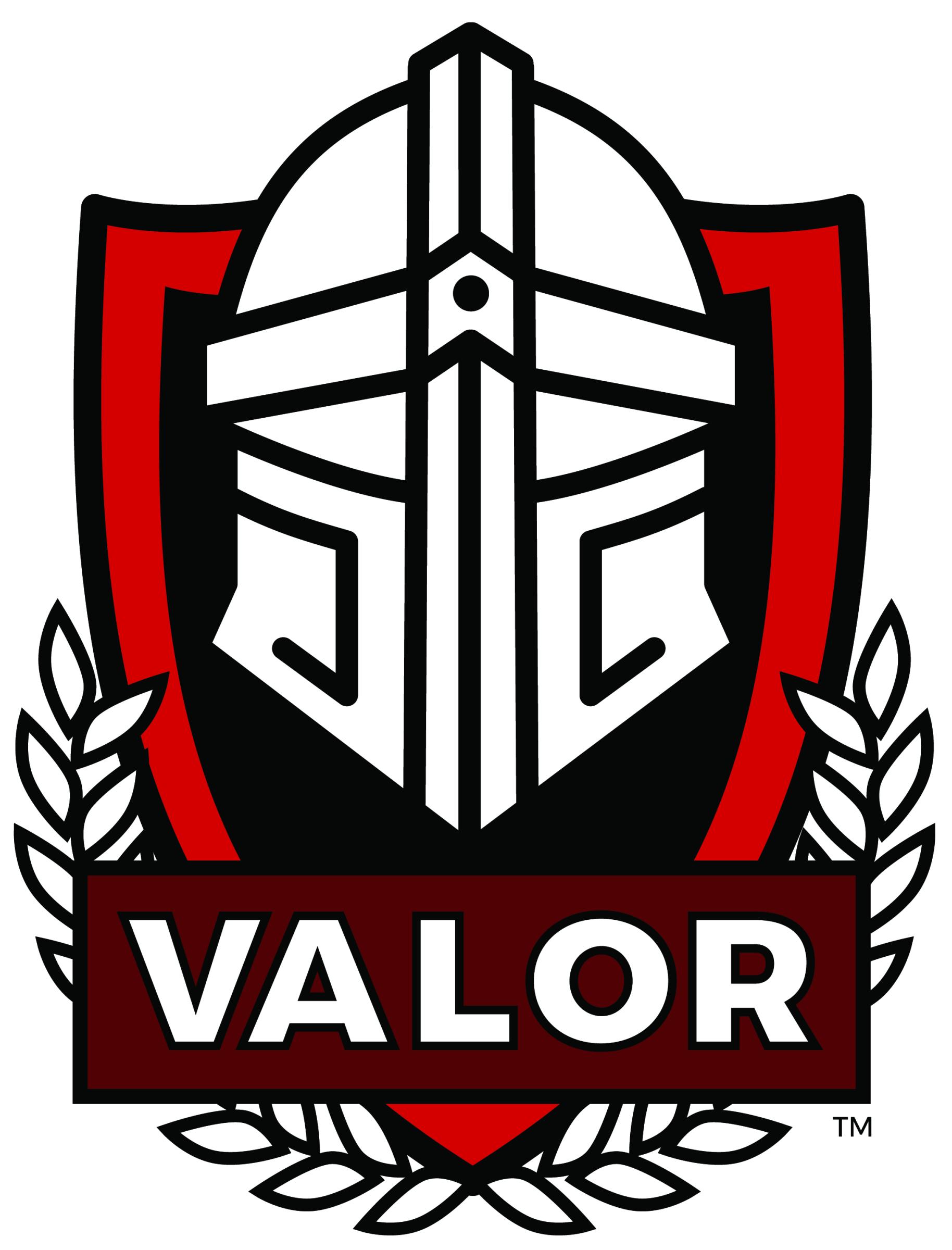
For young men in college, dealing with pornography addiction can be a complex challenge. The unique environment of campus life, combined with newfound independence and academic pressure, can sometimes intensify existing struggles with addiction. Many students find themselves using pornography as a coping mechanism, which, over time, may lead to dependency. However, recognizing this issue and finding the right resources can help young men make positive changes. This article explores ways college students can seek support for pornography addiction recovery while living on campus.
Understanding the Need for Help
In college, many students experience heightened stress and social pressure, both of which can contribute to addictive behaviors, including compulsive pornography use. While some may view pornography as a harmless outlet, others may find themselves using it excessively, especially during times of loneliness, anxiety, or academic stress. Recognizing when use has become problematic—such as when it interferes with daily activities, relationships, or academic performance—is the first step toward recovery. Acknowledging the need for help is a courageous choice, setting the stage for real change and self-improvement.
Counseling Services on Campus
Most colleges and universities offer mental health resources and counseling services that provide support for students facing various issues, including addiction. College counselors are trained to address sensitive topics in a safe, confidential environment, making them a valuable resource for students struggling with pornography addiction. Students can start by scheduling a private session with a counselor to discuss their concerns and explore the underlying factors contributing to their addiction. Counseling sessions can also provide tools and techniques for managing stress, improving emotional regulation, and building healthier habits, all of which support long-term recovery.
If individual counseling feels intimidating, some campuses offer group therapy sessions where students can discuss their challenges with peers who understand their experiences. Group sessions provide an opportunity to share stories, gain insights, and find encouragement from others facing similar struggles. Building connections with peers through group therapy can be especially helpful for those feeling isolated or ashamed of their addiction.
Online and Campus-Based Support Groups
Support groups, both on and off campus, can be a vital source of assistance for students working to overcome pornography addiction. Many campuses host or can direct students to groups focusing on behavioral addiction recovery. These groups create a community where participants can share their challenges, celebrate successes, and receive non-judgmental support from others. Whether formally organized or informally run by students, these groups can be a powerful way for young men to connect with others committed to recovery.
For those who may not feel comfortable with in-person meetings, online support groups offer an alternative. Online recovery communities, some of which specialize in pornography addiction, provide anonymity and flexibility, allowing students to participate from their dorm rooms or apartments. Many online support platforms offer 24/7 access to resources, discussion boards, and even virtual meetings, making them convenient for college students with busy schedules.
Building Healthy Coping Mechanisms
One of the primary reasons students turn to pornography is to cope with stress, loneliness, or boredom. Developing healthier coping mechanisms is essential for recovery and personal growth. Exercise, creative outlets, and social activities can all provide positive alternatives that reduce reliance on pornography as a way of managing emotions.
For example, joining a campus club or intramural sports team can create new routines and provide a sense of community, both of which are important in recovery. Physical activities, like running, yoga, or working out at the campus gym, help alleviate stress and boost mood. Additionally, developing hobbies or finding creative outlets, such as music, writing, or art, can redirect energy into fulfilling and constructive activities.
Using Digital Resources Mindfully
While it may seem counterintuitive to turn to digital resources when managing a pornography addiction, there are many apps and online tools specifically designed to aid recovery. These digital tools provide features such as self-assessment tests, progress tracking, reminders, and techniques for managing urges. Some even offer meditation exercises or mindfulness practices, which can be particularly helpful in managing stress and emotions. Setting digital boundaries, such as blocking certain websites or scheduling designated times for online activities, can also help students limit exposure to triggers.
Additionally, students can find educational content online that addresses the psychology of addiction, self-control strategies, and mental health resources. Using these tools mindfully and pairing them with offline support can create a well-rounded approach to recovery.
Developing a Supportive Social Network
Creating a network of supportive friends can make a significant difference in the recovery process. For some, this may mean opening up to a trusted friend or roommate about their goals and struggles. Having someone who understands their journey can provide accountability, encouragement, and perspective.
If discussing addiction feels daunting, students can seek out friendships through campus clubs, sports, or other extracurricular activities. Building these new connections can help reduce feelings of isolation and promote a positive social environment. Surrounding oneself with friends who support a balanced, healthy lifestyle can encourage new habits and make it easier to avoid situations that may lead to temptation.
Taking Advantage of College Resources
Most campuses offer resources beyond counseling that can support overall well-being, such as wellness programs, stress management workshops, and mindfulness training. Students can explore these services to learn more about how to handle stress, manage emotions, and live a healthier lifestyle. Many universities have wellness centers with free or low-cost programs on topics like meditation, time management, and emotional wellness, all of which play a role in supporting addiction recovery.
Some schools even host events focused on mental health and personal development. Taking advantage of these programs not only supports recovery but also provides opportunities to meet like-minded individuals and expand one’s social network in healthy, constructive ways.
Conclusion
For young men in college, recovering from pornog
